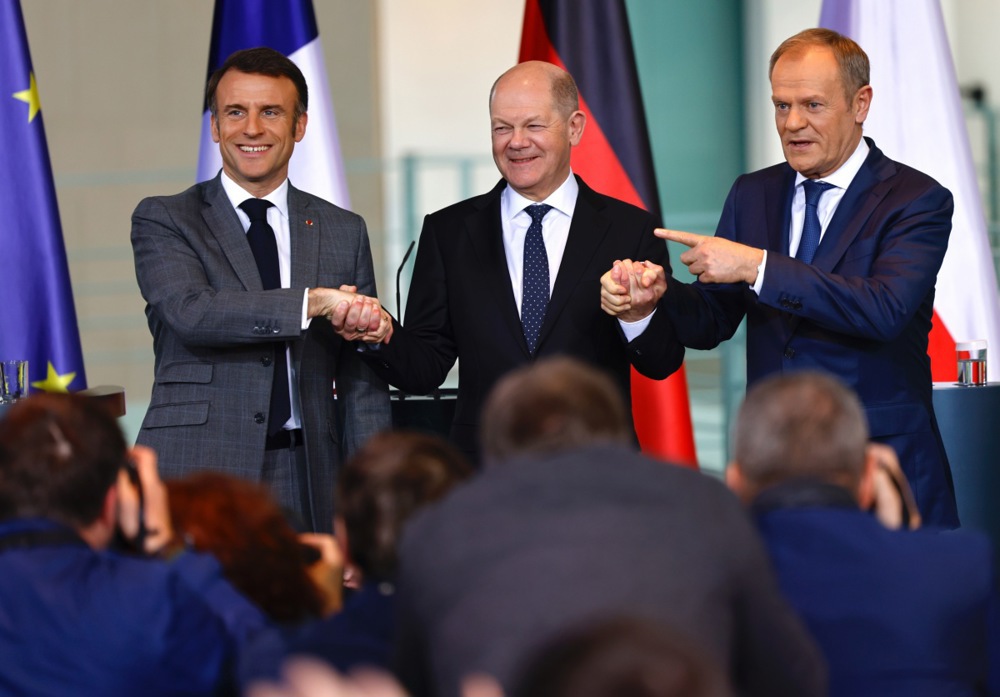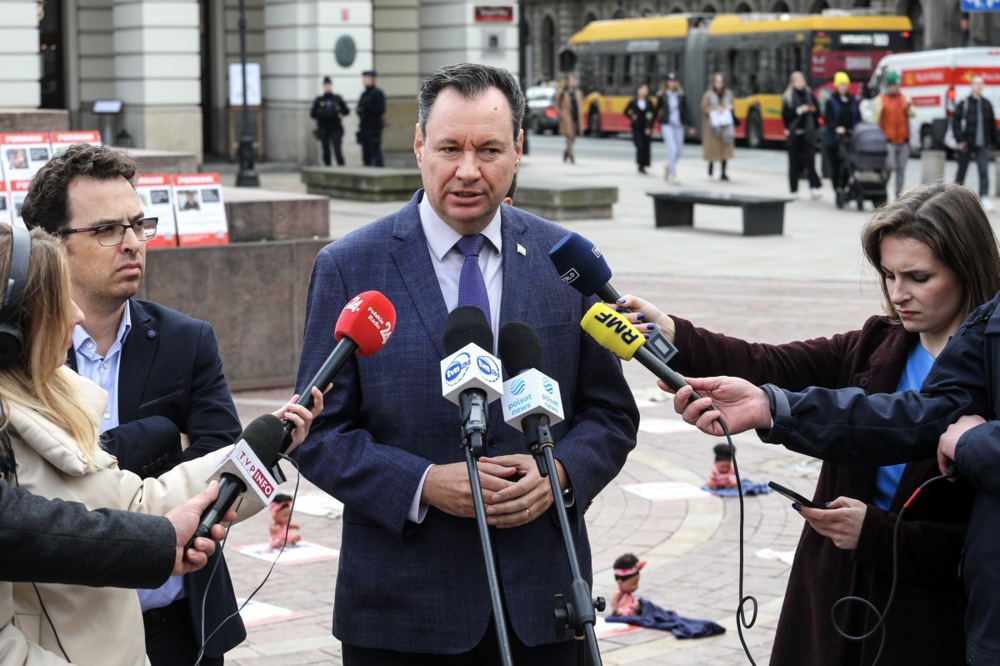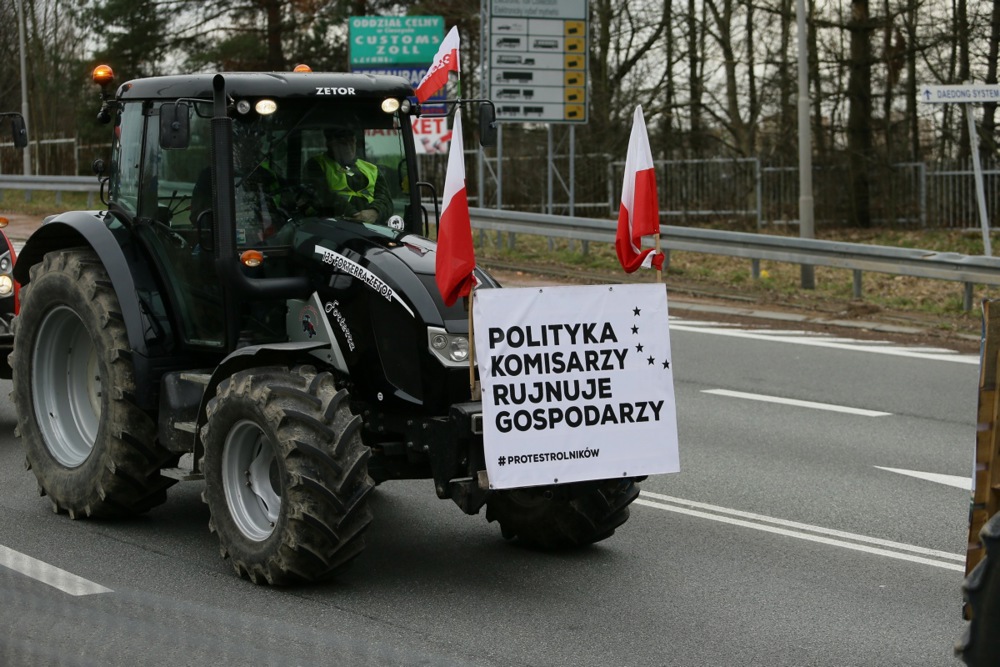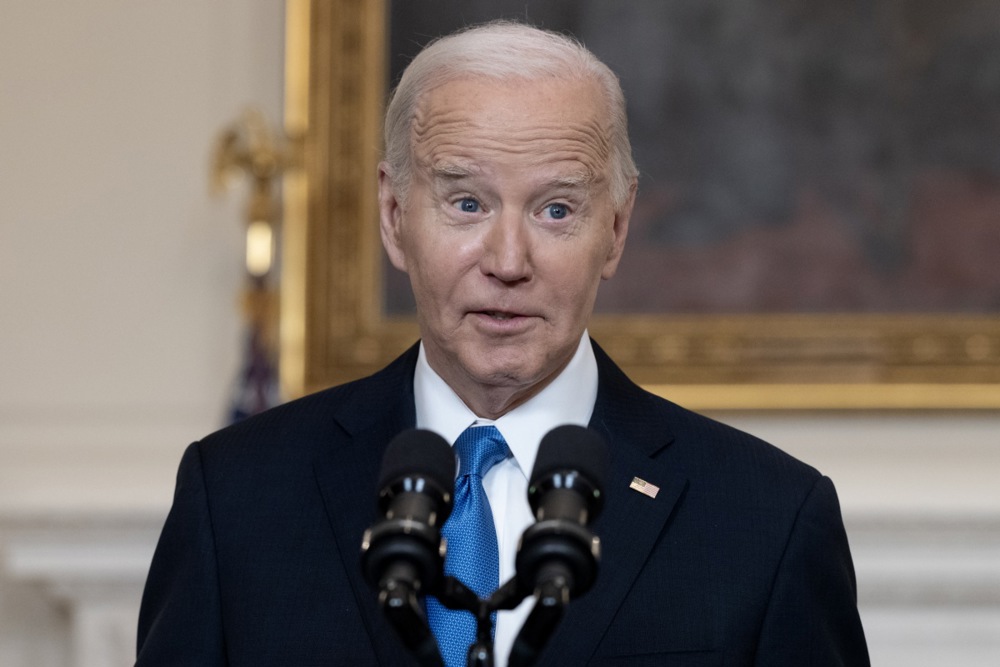Polish foreign minister Radosław Sikorski says the centre-left Government led by Prime Minister Donald Tusk is prepared to consider European Union treaty changes to smooth the way for Ukraine’s membership of the community.
Sikorski, in his foreign policy address to parliament on April 25, said the “maintenance of comprehensive support from the EU for the independence of Ukraine, including its efforts towards membership in the [EU] community, will be a priority of the Government’s European policy”.
The foreign minister maintained that the Polish Government was not convinced EU treaty change was required but added: “We cannot rule out that some Member States will make their consent to complete the enlargement conditional on changing the treaties.
“We will then face a dilemma as a country: whether to agree to treaty reform, in which we may have to make some compromises, or to close the path to membership to our Eastern and Southern neighbours,” Sikorski said.
Tusk had said, shortly after coming to power in December last year, he was unconvinced that any EU treaty changes were needed to make the bloc work more effectively.
Still, both the German Chancellor Olaf Scholz and French President Emmanuel Macron have argued repeatedly that to enlarge, the EU must become more integrated and capable of reaching decisions quickly.
Sikorski seemed to have agreed with Macron and Scholz when he stated in his speech that there was a need to make EU decision-making more effective in order for “the EU to become a superpower” on the global stage.
The proposals for a new treaty adopted recently by the European Parliament foresee Member States giving up powers in 65 areas of competence, including foreign policy.
Sikorski’s address represented the clearest hint so far by the Tusk administration that Poland is prepared to consider changes in EU treaties, which would limit Member States’ power of veto, to facilitate further enlargement of the union.
The general tenor of his speech, which was highly critical of the previous conservative (PiS) government’s “Euro-scepticism”, reflected the new Government’s claim that Poland under Tusk’s stewardship is returning to being a key international player involved in shaping European integration – and a staunch ally of Germany and France.
Polish President Andrzej Duda, a supporter of the previous PiS administration, was present during Sikorski’s foreign-policy address and said he saw Poland’s foreign-policy priorities differently.
“Today, the cornerstone of our security policy lies in reinforcing collaboration within NATO and solidifying our transatlantic bonds, particularly with our steadfast ally, the United States,” he stated.
The Head of State was visibly dismayed at Sikorski’s scathing criticism of the previous PiS government as one of “authoritarians and crooks”. Duda told reporters he was saddened by the comments and that “such attacks are baseless and only serve to sow discord among our people”.
While Duda and Tusk have vowed to keep security and foreign-policy matters out of Poland’s domestic political disputes, the reality is they have different visions with regard to Poland’s future. Tusk favours European integration and defence while Duda wants a close alliance with the US, including the presence of US nuclear weapons on Polish soil.
Duda’s criticism of the Tusk Government’s foreign and security policies was later echoed by senior PiS politicians.
The PiS leader Jarosław Kaczynski reacted to Sikorski’s speech by reminding those there how Poland had, in his view, lost out on the last major treaty change agreed in Lisbon in the “noughties”. He claimed that Sikorski’s address had revealed the present Government’s intention to find compromise with Germany in return for enlargement of the EU.
“Polish sovereignty is at stake, meaning that Poland will stop being an independent State and become just a territory in which Poles live but where decisions are taken externally,” he warned.
Former PiS foreign minister Witold Waszczykowski MEP criticised what he called Sikorski’s “naive trust that the EU headed by Brussels, Berlin and Paris is a club of altruists” and for “attempting to convince Poles that becoming dependent on German European policy will be in the Polish interest”.
The political cleavage between those favouring deeper European integration and the advocates of a Europe of sovereign nation States is, alongside anxiety over the effects of climate and migration policies, likely to take centre stage during the run-up to the European Parliament elections on June 9.





